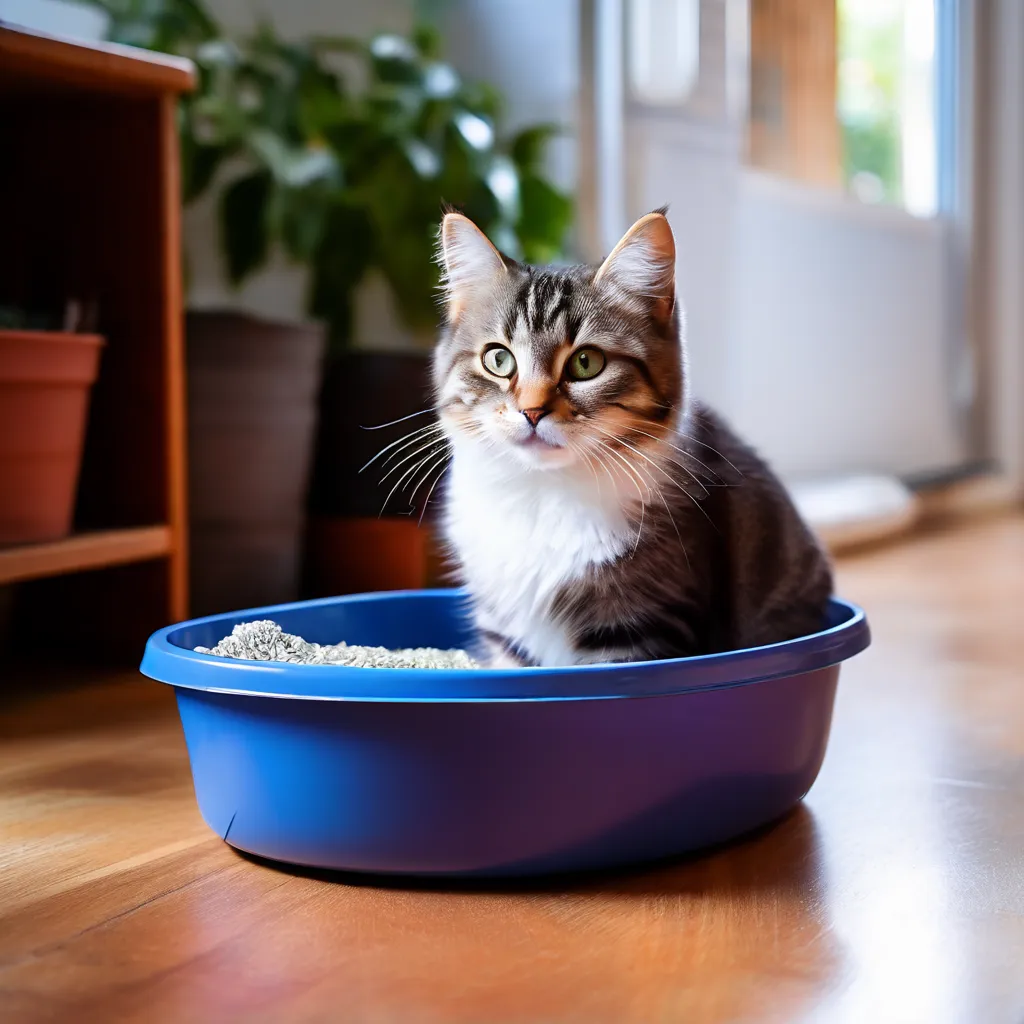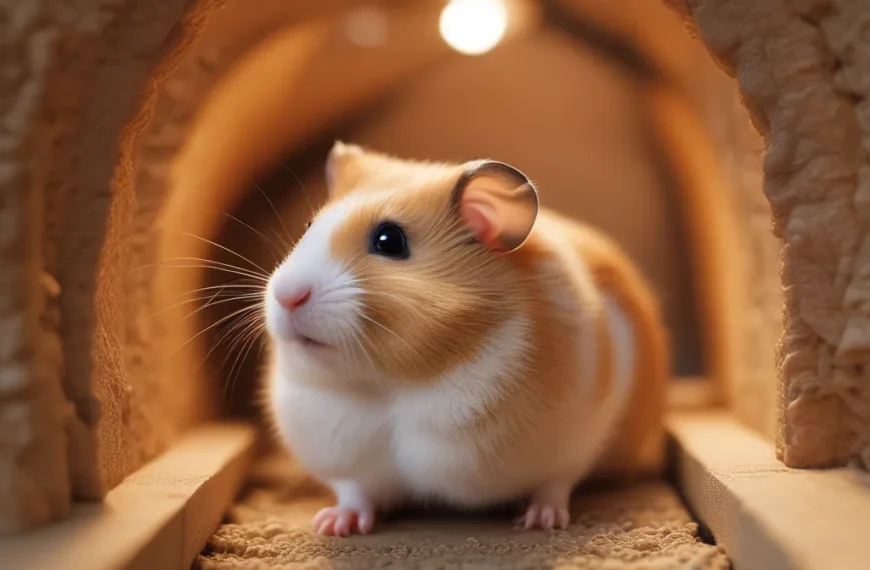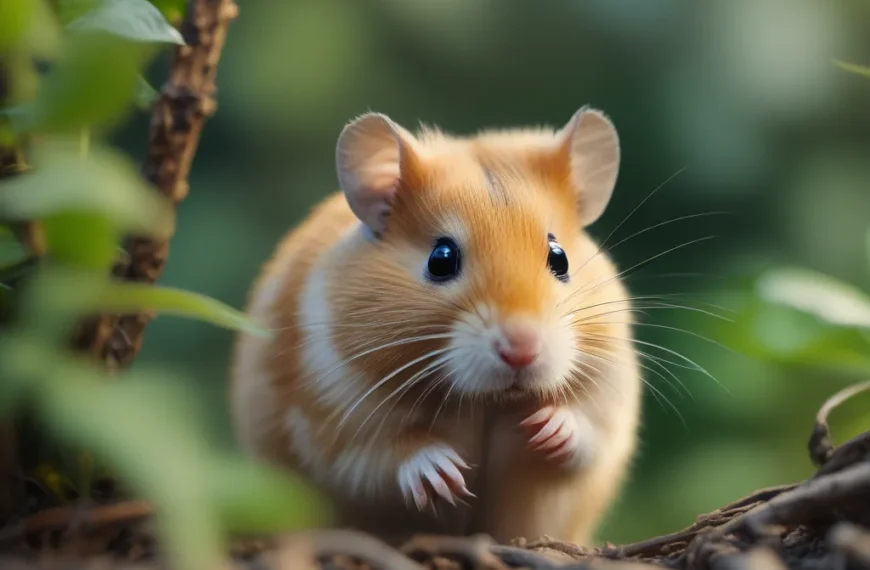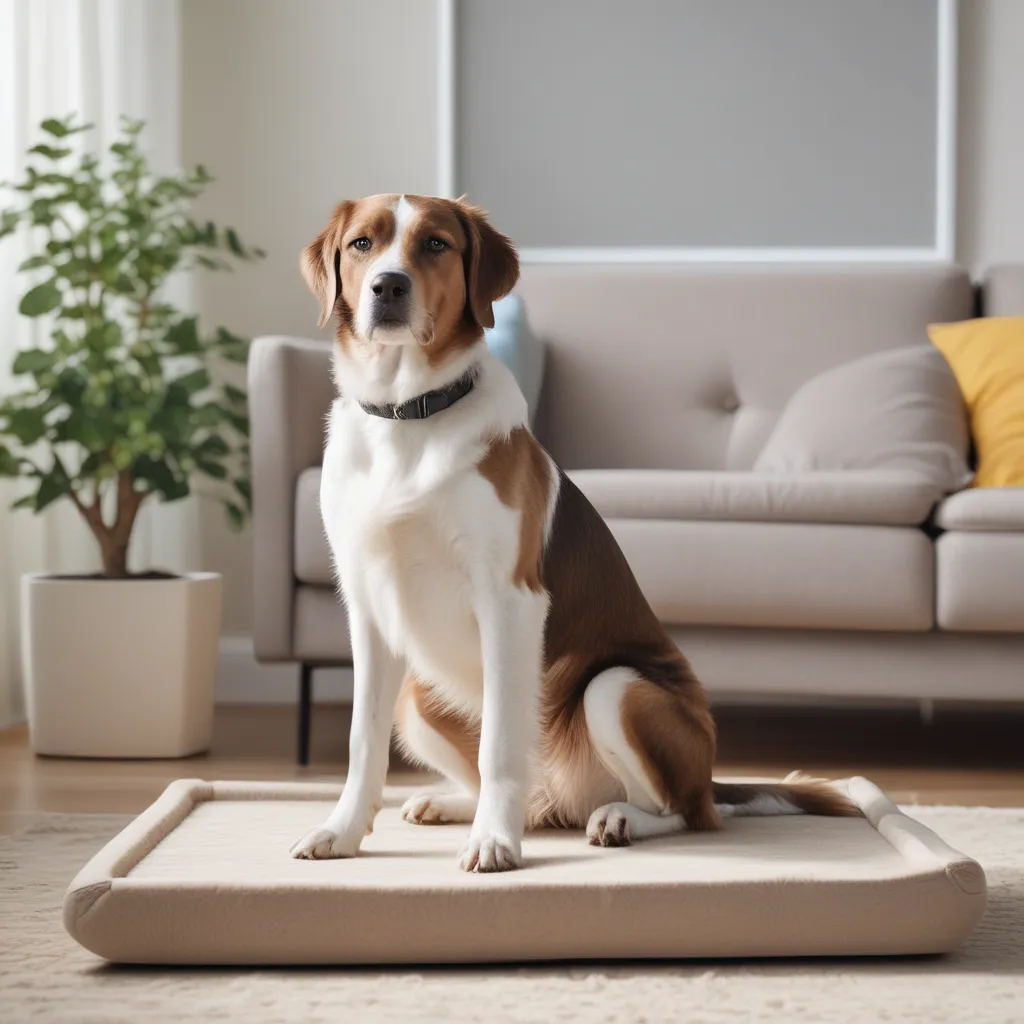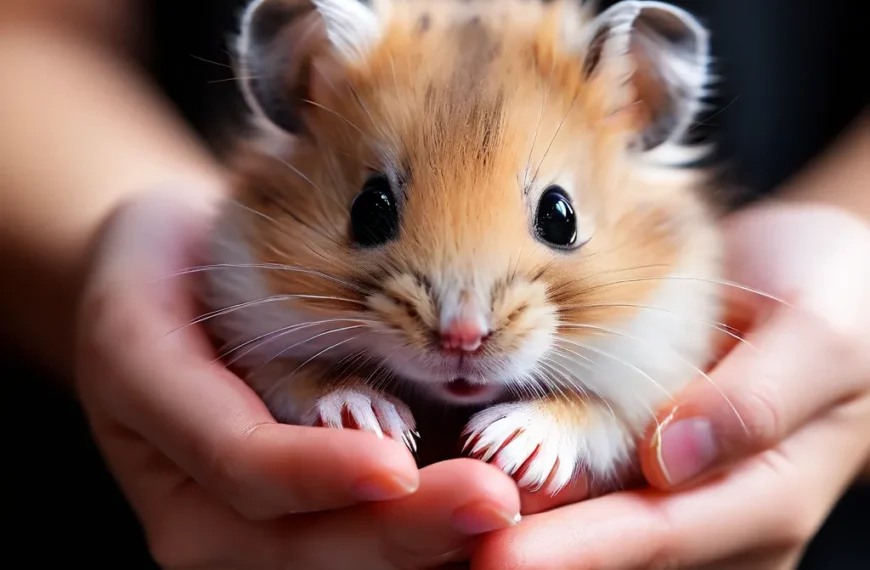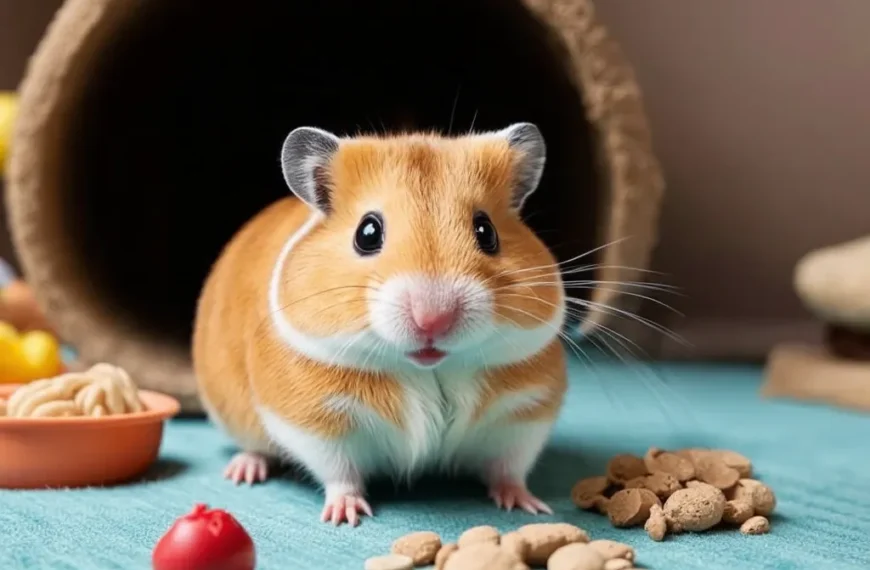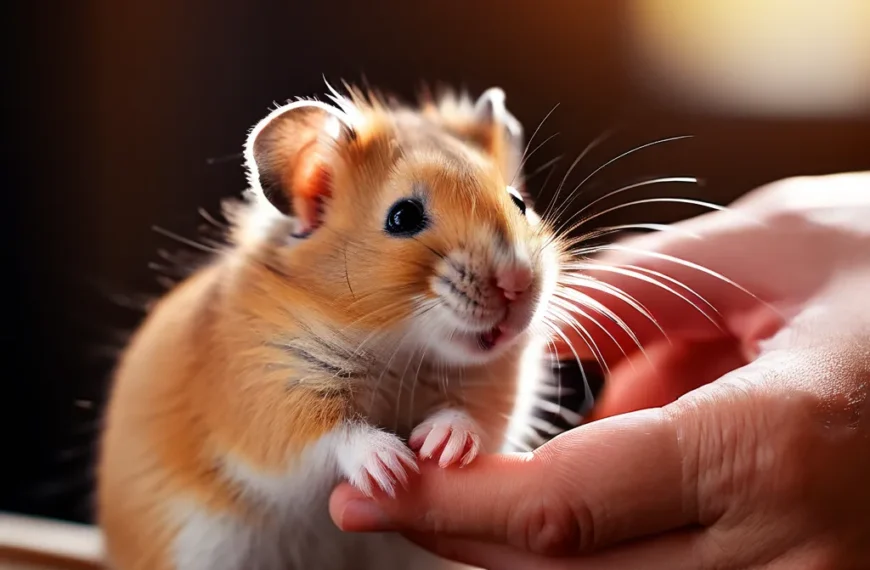Introduction
Choosing the right litter for your cat is a crucial decision that can significantly impact their health, comfort, and overall well-being. With so many different types of litter available on the market, it can be overwhelming to determine which one is best for your feline friend. In this article, we will explore the various factors to consider when selecting a litter, compare different types of litter, and provide guidance on making an informed decision that meets your cat’s specific needs.
As a responsible cat owner, it’s essential to understand that the litter you choose can affect your cat’s behavior, health, and happiness. For instance, some cats may be sensitive to certain materials or fragrances, while others may prefer a specific texture or absorbency level. Moreover, the litter you choose can also impact the environment and your household’s cleanliness.
So, which type of litter is best for cats? The answer depends on several factors, including your cat’s individual preferences, lifestyle, and health needs. In the following sections, we will delve into the key considerations for choosing the perfect litter for your cat, exploring topics such as composition, odor control, dust level, and environmental impact.

By the end of this article, you will be equipped with the knowledge and confidence to make an informed decision about the best litter for your cat’s health and comfort. Whether you’re a seasoned cat owner or a newcomer to the world of feline companionship, this guide will provide you with the essential information you need to create a happy and healthy environment for your beloved pet.
What to Consider When Choosing a Litter for Your Cat
When it comes to choosing the right litter for your feline friend, there are several factors to consider. The type of litter you choose can affect your cat’s health, comfort, and behavior, as well as your own convenience and budget.
Your Cat’s Needs and Preferences
- Health: Cats with certain medical conditions, such as kidney disease or respiratory issues, may require a specific type of litter that minimizes dust or reduces odor.
- Comfort: Cats have individual preferences when it comes to litter texture, smell, and absorbency. Some cats may prefer a soft, gentle litter, while others may like a more coarse or scented litter.
- Behavior: Cats may exhibit certain behaviors, such as digging or covering, that can be influenced by the type of litter used.
Your Needs and Preferences
- Convenience: Automatic litter boxes and scoop-free litters can make maintenance easier and less time-consuming.
- Budget: The cost of litter can vary significantly depending on the type and brand chosen.
- Odor control: Some litters are designed to minimize odor, which can be a major concern for cat owners.
Environmental Impact
- Eco-friendliness: Some litters are made from natural, biodegradable materials, while others may contribute to landfill waste or pollution.
- Sustainability: The production and transportation of litter can have a significant environmental impact, making eco-friendly options a consideration.
By considering these factors, you can choose a litter that meets your cat’s needs, your own needs, and the needs of the environment. In the next section, we’ll explore the different types of litter available and their pros and cons.
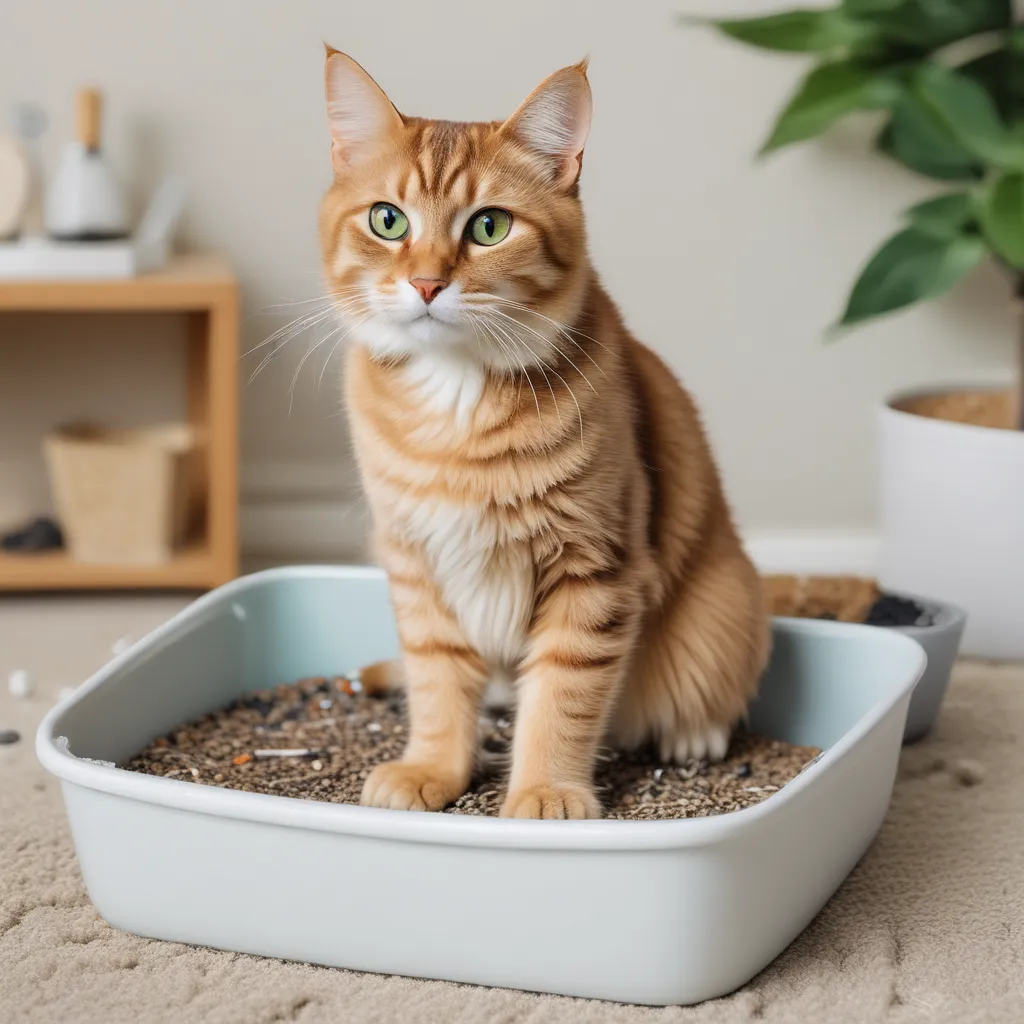
Comparing Different Types of Litter: Composition, Odor Control, Dust Level, and Environmental Impact
When it comes to choosing the right litter for your cat, there are several factors to consider. In this section, we’ll delve into the composition, odor control, dust level, and environmental impact of different types of litter.
Composition
Cat litter can be made from a variety of materials, including:
- Clay: Clay litter is one of the most common types of litter. It’s made from natural clay and is often inexpensive. However, it can be dusty and may not be the best option for cats with respiratory issues.
- Silica gel: Silica gel litter is made from natural silica gel and is known for its excellent odor control. It’s also non-toxic and hypoallergenic.
- Recycled paper: Recycled paper litter is a eco-friendly option made from recycled paper products. It’s biodegradable and compostable.
- Pine or cedar: Pine or cedar litter is made from natural wood and is a popular choice for its pleasant scent. However, it can be toxic to cats if ingested.
Odor Control
Odor control is a crucial factor to consider when choosing a litter. Some litters are better at controlling odor than others. For example:
- Clay litter: Clay litter can be effective at controlling odor, but it may not be the best option for cats with sensitive noses.
- Silica gel litter: Silica gel litter is excellent at controlling odor and is often recommended for cats with sensitive noses.
- Recycled paper litter: Recycled paper litter can be effective at controlling odor, but it may require more frequent changing.
Dust Level
Dust level is another important factor to consider when choosing a litter. Some litters can be quite dusty, which can be a problem for cats with respiratory issues. For example:
- Clay litter: Clay litter can be quite dusty, which can be a problem for cats with respiratory issues.
- Silica gel litter: Silica gel litter is generally low-dust, making it a good option for cats with respiratory issues.
- Recycled paper litter: Recycled paper litter can be low-dust, but it may require more frequent changing.
Environmental Impact
The environmental impact of cat litter is also an important consideration. Some litters are more eco-friendly than others. For example:
- Clay litter: Clay litter is not biodegradable and can contribute to landfill waste.
- Silica gel litter: Silica gel litter is non-toxic and can be disposed of in the trash.
- Recycled paper litter: Recycled paper litter is biodegradable and compostable, making it a good option for eco-conscious cat owners.
In conclusion, when choosing a litter for your cat, it’s essential to consider the composition, odor control, dust level, and environmental impact. By doing so, you can make an informed decision that meets your cat’s needs and your own values.
Pros and Cons of Each Type of Litter: Which One is Best for Your Cat?
When it comes to choosing the best litter for your cat, there are several options available, each with its own set of pros and cons. Here’s a breakdown of the most common types of litter and their advantages and disadvantages:
1. Clumping Clay Litter
Pros:
- Effective at controlling odor
- Forms clumps when your cat urinates, making it easy to scoop out solid waste
- Generally inexpensive
Cons:
- Can be dusty, which may exacerbate respiratory issues in cats
- May contain chemicals that can harm your cat if ingested
- Not eco-friendly
2. Silica Gel Litter
Pros:
- Excellent odor control
- Non-toxic and safe for your cat to ingest
- Can be reused by drying it out in the oven
Cons:
- More expensive than clumping clay litter
- May not be as effective at controlling moisture
- Can be noisy when your cat walks on it
3. Recycled Paper Litter
Pros:
- Eco-friendly and biodegradable
- Non-toxic and safe for your cat to ingest
- Can be composted
Cons:
- May not be as effective at controlling odor
- Can be more expensive than clumping clay litter
- May not be as absorbent as other types of litter
4. Pine or Cedar Wood Litter
Pros:
- Natural and biodegradable
- Can help to reduce odor
- May be less expensive than other types of litter
Cons:
- Can be toxic to cats if ingested
- May cause allergic reactions in some cats
- Can be prone to mold and mildew
5. Corn Litter
Pros:
- Biodegradable and compostable
- Non-toxic and safe for your cat to ingest
- Can be less expensive than other types of litter
Cons:
- May not be as effective at controlling odor
- Can be prone to mold and mildew
- May attract pests
6. Wheat Litter
Pros:
- Biodegradable and compostable
- Non-toxic and safe for your cat to ingest
- Can be less expensive than other types of litter
Cons:
- May not be as effective at controlling odor
- Can be prone to mold and mildew
- May attract pests
7. Soy Litter
Pros:
- Biodegradable and compostable
- Non-toxic and safe for your cat to ingest
- Can be less expensive than other types of litter
Cons:
- May not be as effective at controlling odor
- Can be prone to mold and mildew
- May attract pests
Ultimately, the best litter for your cat will depend on your individual circumstances and preferences. Consider factors such as your cat’s health, your budget, and your personal values when making your decision.
Minimizing Environmental Impact and Meeting Specific Needs
As a responsible cat owner, it’s essential to consider the environmental impact of your cat’s litter. With the increasing awareness of climate change and sustainability, many cat owners are looking for eco-friendly alternatives to traditional clay litter. In this section, we’ll explore ways to minimize environmental impact and meet specific needs when it comes to cat litter.
Eco-Friendly Litter Options
There are several eco-friendly litter options available, including:
- Biodegradable litters: Made from natural materials such as pine, corn, or wheat, these litters are compostable and can reduce waste.
- Recycled paper litters: Made from recycled paper products, these litters are sustainable and can help reduce deforestation.
- Natural clay litters: Made from natural clay, these litters are non-toxic and can be composted.
Reducing Waste
To minimize waste, consider the following:
- Use a litter that can be composted: Composting can reduce waste and create nutrient-rich soil for your garden.
- Use a litter that is biodegradable: Biodegradable litters can break down naturally and reduce waste.
- Use a litter that is recyclable: Recyclable litters can be reused and reduce waste.
Meeting Specific Needs
When choosing a litter, it’s essential to consider your cat’s specific needs. For example:
- Cats with allergies: Look for litters that are hypoallergenic and made from natural materials.
- Cats with urinary issues: Look for litters that are designed to reduce odor and moisture.
- Cats with mobility issues: Look for litters that are easy to access and comfortable to walk on.
Minimizing environmental impact and meeting specific needs is crucial when it comes to cat litter. By choosing eco-friendly litter options, reducing waste, and meeting your cat’s specific needs, you can create a sustainable and comfortable environment for your feline friend.
Making an Informed Decision: Choosing the Best Litter for Your Cat’s Health and Comfort
When it comes to choosing the best litter for your cat’s health and comfort, there are several factors to consider. As a responsible cat owner, you want to ensure that your feline friend has a clean, safe, and comfortable place to do their business. Here are some tips to help you make an informed decision:
Consider Your Cat’s Individual Needs
Every cat is different, and what works for one cat may not work for another. Consider your cat’s age, health, and lifestyle when choosing a litter. For example, if your cat has kidney disease, you may want to choose a litter that is low in dust and odor.
Think About Your Own Needs and Preferences
In addition to your cat’s needs, you should also consider your own needs and preferences. Do you have a busy schedule and need a litter that is easy to clean? Do you have allergies and need a litter that is hypoallergenic?
Research Different Types of Litter
There are many different types of litter on the market, each with its own unique characteristics and benefits. Some popular types of litter include:
- Clumping clay litter: This type of litter is popular among cat owners because it is easy to clean and forms clumps when your cat urinates.
- Silica gel litter: This type of litter is highly absorbent and can help to reduce odor.
- Recycled paper litter: This type of litter is eco-friendly and can be composted.
- Natural litter: This type of litter is made from natural materials such as pine, corn, or wheat.
Read Reviews and Do Your Research
Once you have narrowed down your options, read reviews from other cat owners to get a sense of how well a particular litter works. You can also do your own research by reading articles and watching videos about different types of litter.
Consult with Your Veterinarian
If you are still unsure about which litter to choose, consult with your veterinarian. They can provide you with personalized recommendations based on your cat’s individual needs and health status.
By following these tips, you can make an informed decision about which litter is best for your cat’s health and comfort. Remember to always prioritize your cat’s needs and do your research before making a decision.

Conclusion
Choosing the right litter for your cat can be a daunting task, but by considering the key factors discussed in this article, you can make an informed decision that meets your cat’s needs and promotes their health and comfort.
When selecting a litter, remember to think about your cat’s individual preferences, lifestyle, and health requirements. Consider the composition, odor control, dust level, and environmental impact of the litter, as well as any specific needs your cat may have, such as mobility issues or allergies.
By weighing the pros and cons of different types of litter and considering your cat’s unique needs, you can choose a litter that provides a safe, comfortable, and healthy environment for your feline friend.
Remember, every cat is different, and what works for one cat may not work for another. Be patient, and don’t be afraid to try different types of litter until you find the one that works best for your cat.



